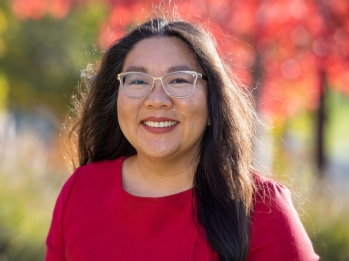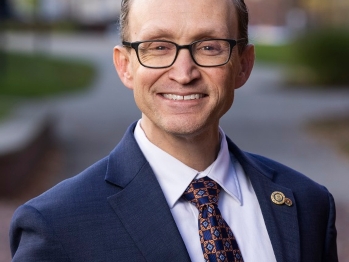
SA: Voices from the Field Podcast
Without doubt, the student affairs profession thrives on sharing our stories, learning from each other, and elevating the one of kind voices of our colleagues. Join us as we sit down with an SA storyteller that may tell you something completely new or share a story that mirrors and affirms your own experience.

